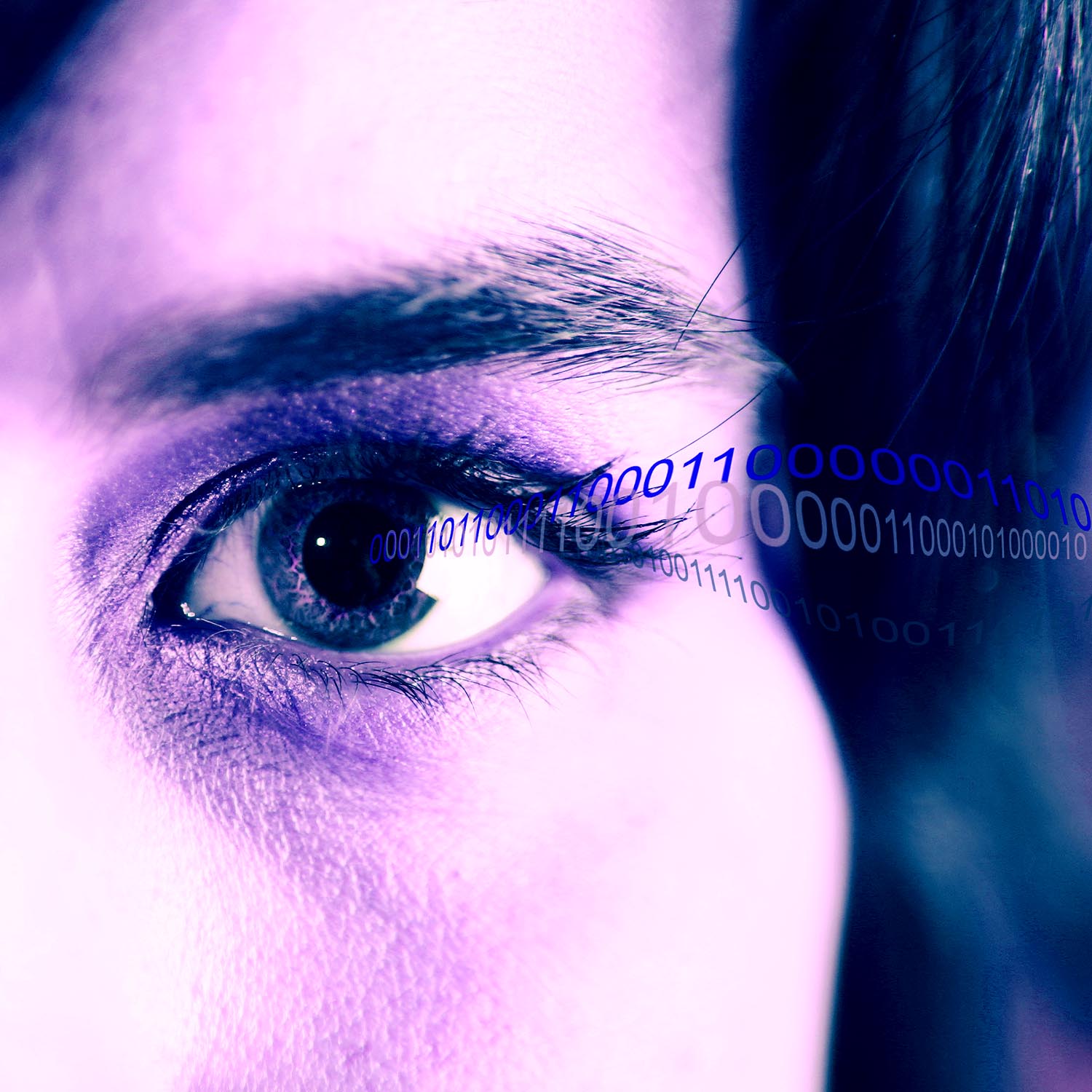
Apple has rejected the UK’s new draft surveillance bill. This new bill will force a handful of companies currently operating there to either tone down encryption or get rid of it completely.

DRIPA Bill Puts UK Government Against Encryption
The draft Investigatory Powers Bill was first released last month. It has been rewritten to clarify laws that would allow the UK government to monitor surveillance over phone hacking and malware installment on target devices. They’ve been doing this for the past decade, and the bill would justify and extend this policy.
This Bill Puts the UK Government as the Supreme Authority No Matter What
The bill also forces technological companies to take out any encryption upon the request of any authority. This week, Apple released a letter in response to the bill. The letter details that this bill could cause some damage to lawful users to find a couple of bad eggs ruining technology for everyone else. As such, they will not abide by the rules of this bill.
Apple: Anti-Encryption Laws Will Cause International Conflict
The letter also hinted at the fact that regardless of how open the web is, the bad guys would find a way to hide their exploits like they have so far. Having backdoor access to encrypted databases would be of little help. Not to mention the fact that rulings like this could bring some serious international conflict.
If this bill becomes law, they can ask Apple or any other tech company to hack into their own devices. This could kickstart an international trend allowing other countries to be able to command this as well.
Apple is Joined By Google, Twitter and Yahoo in the Opposition
Google, Twitter, and Yahoo submitted evidence against the passing of this bill. Even Microsoft had something to say, urging that legislation has to prevent international conflict. Nations should work together to keep their people safe.
Apple CEO Tim Cook has spoken against this bill before. He warns that if legislators pass the bill and it becomes law, it is a terrible mistake that will bring dire consequences. Apple is no less faced with trouble in US soil, as they are also taking into consideration anti-encryption laws.
Encryption Has Caused A Lot of Heavy Discussion
Since before the Paris attacks of November 13, encryption has been an international hot topic. Because of the tragic terrorist attack, it has come under a special kind of fire. Governments all over the world are turning to anti-encryption laws to keep their citizens safe, and they have been met with mixed responses.
On the one hand, anti-encryption laws give governments access to all databases. This is mostly unnecessary and may encourage generalization and bring innocent people under suspicion. Not only that, but it will strip citizens from their privacy in preference for a superficial sense of security. This is akin to a Big Brother is Always Watching approach, and most of us have seen how that usually turns out.
It Usually Goes a Little bit Like How Edward Snowden Ended up in Russia
Edward Snowden is living proof that this kind of system just does not work. It’s not a good idea to keep people in the dark about these exploits. Edward Snowden showed the world the other side of encryption, what the governments hide from citizens. It wouldn’t be fair for the government to be able to do it and not the people.
On the other hand, encryption can really help spot jihadist activity and immediately shut it down. There’s no hate behind implementing anti-encryption laws. In fact, it would help locate people who cater to ISIS thinking and world leaders might even bring better education to those areas. People don’t need to turn to extremes to solve these problems. Anti-encryption laws could be helpful so long as they are moderate. No control is as bad as all control because it shows a lack of faith in citizens. People should feel safe enough to have private conversations.

This is a funny turn of events coming from the UK, who control the highest citizen surveillance system in the entire world. Hopefully, if this bill becomes law, it will not be as drastic as it looks.
Read: Snowden’s Signal Could Be Another App Used by ISIS
Read: National Security Agency’s Loss Made Snowden Smile

















